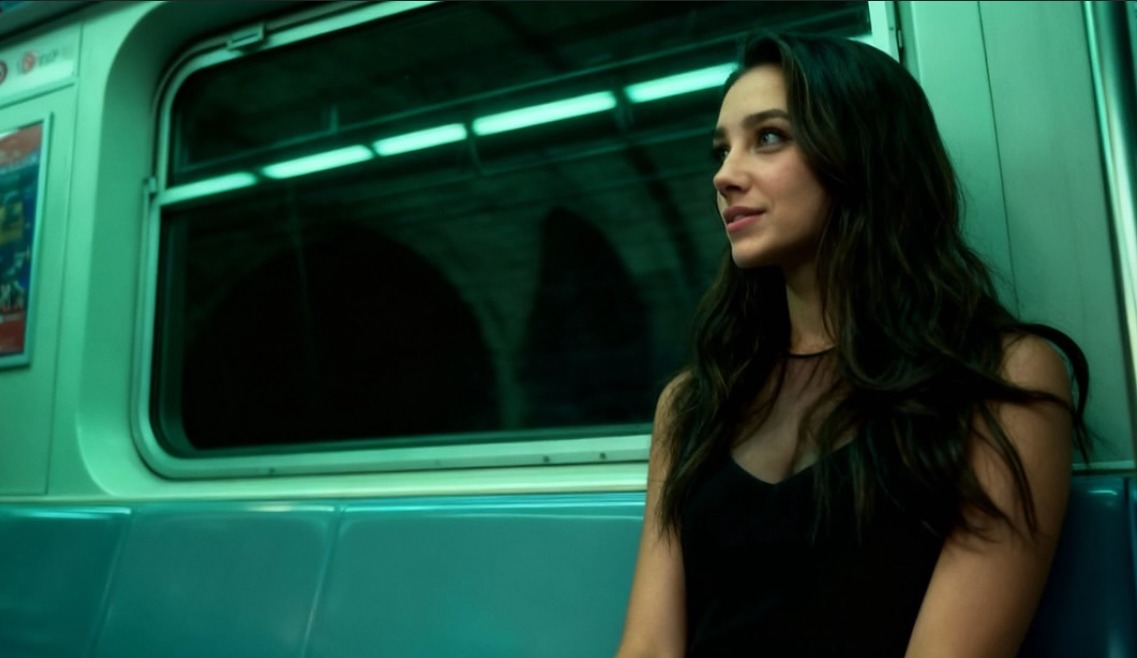Tilly Norwood: Is Artificial Intelligence a threat to film?
Dutch screenwriter and producer, Eline van der Velden, has sparked controversy within the world of film with her announcement of plans to introduce AI generated actress, Tilly Norwood, to her company. Surprising audiences at the Zurich Film Festival, van der Velden did not anticipate the global backlash regarding her AI actress to wield such intensity. SAG-AFTRA, which represents around 1,600,000 artists in varying fields, made a notable statement in response to this proposed computerised performer.
Tilly Norwood has added fuel to the fire of an ongoing debate regarding the threat of generative AI to creative industries.
They stated that “Tilly Norwood is not an actor, it’s a character generated by a computer program,” yet still reinforces a continual devaluing of human artistry. Tilly Norwood has added fuel to the fire of an ongoing debate regarding the threat of generative AI to creative industries.
In March 2025, the BBC stated that “whether AI will be the future, or the end of cinema is still up for debate.” This was regarding the irony of the two films being honoured at the Oscars for their use of AI technology, despite the 2023 Hollywood strikes demanding protections from AI within the film industry. The BBC expressed the uncertainty surrounding the fear of generative AI being used to create scripts, animation, locations, and voices. Since the triumph of Emilia Perez and The Brutalist, movies that used AI, at the Oscars, these fears have now been materialised. Furthermore, the threat of generative AI certainly seems to be ascending rapidly within the film industry due to the proposition of Tilly Norwood.
A new concern has developed with the emergence of Tilly Norwood: the redundancy of human actors. In their official statement, SAG-AFTRA stated that Tilly Norwood “creates the problem of using stolen performances to put actors out of work, jeopardizing performer livelihoods and devaluing human artistry.” For The Guardian, Peter Bradshaw argued that Tilly Norwood is a “symptom of blandified film culture” calling for a return to “reality.” Bradshaw expresses this collective fear of the AI actress due to how convincing she is, stating that she does not look “obviously less real” than human performers today. He argues that through the conception of Tilly Norwood, real-world performances will become increasingly programmatic and bland to meet the robot’s uncanny existence. Hence, the AI actress is somewhat a threat to the already suffering film industry.
Discussion surrounding the harm of AI upon already existing gender inequalities becomes ever more relevant.
Tilly’s appearance within the film industry has also sparked discourse regarding the gender and appearance of the computerised actress. Last year, UN women produced an article entitled ‘Artificial Intelligence and Gender Equality,’ asserting that AI mirrors the gender biases already prevalent in our society. They stated that the creation and use of AI “can perpetuate, widen or reduce gender equality gaps.” With the invention of Tilly Norwood, discussion surrounding the harm of AI upon already existing gender inequalities becomes ever more relevant. The presentation of Tilly Norwood as a young, conventionally attractive woman, entirely computerised by man, arguably reinforces harmful stereotypes already surrounding human women. Actress Betty Gilpin called Tilly Norwood “property without zits or opinions,” or in other words, exactly what a patriarchal industry would want their actresses to be. In response to Tilly, Tyler Cowen, the economist, proclaimed Tilly his favourite actress and has already begun speculating about her virginity – even a computerised actress is not safe from the degrading comments of men.
However, due to the absurdity and illegitimacy of the computerised actress, some do not fear Tilly’s exposition within the movie world. In an article for the Hollywood Reporter, American actress Betty Gilpin, crafts a satirical response to the AI actress through “some blunt advice” from “actress to ‘actress’”. In her article, Gilpin describes her experience at 14 watching Arthur Miller’s All My Sons and absolutely despising it. This was until, a singular actor appeared and changed her entire opinion – “I remember the bad barn play because that actor’s performance was so good that, impossibly, I left myself.” Using this anecdote, Gilpin asserts that the job of an actor is to attempt to get close to crafting some “symbiotic human experience” and that is what distinguishes true artists from Tilly Norwood.
There is no shortage of talent, of aspiring performers, of cinemagoers who are enlightened by human performances.
At the heart of Gilpin’s essay lies the truth: a computer cannot truly threaten human artistry. Rather, it is humans that are a threat to human artistry through their insistence on using generative AI for unnecessary reasons. There is no shortage of talent, of aspiring performers, of cinemagoers who are enlightened by human performances, and of actors who are willing to provide that.

Comments